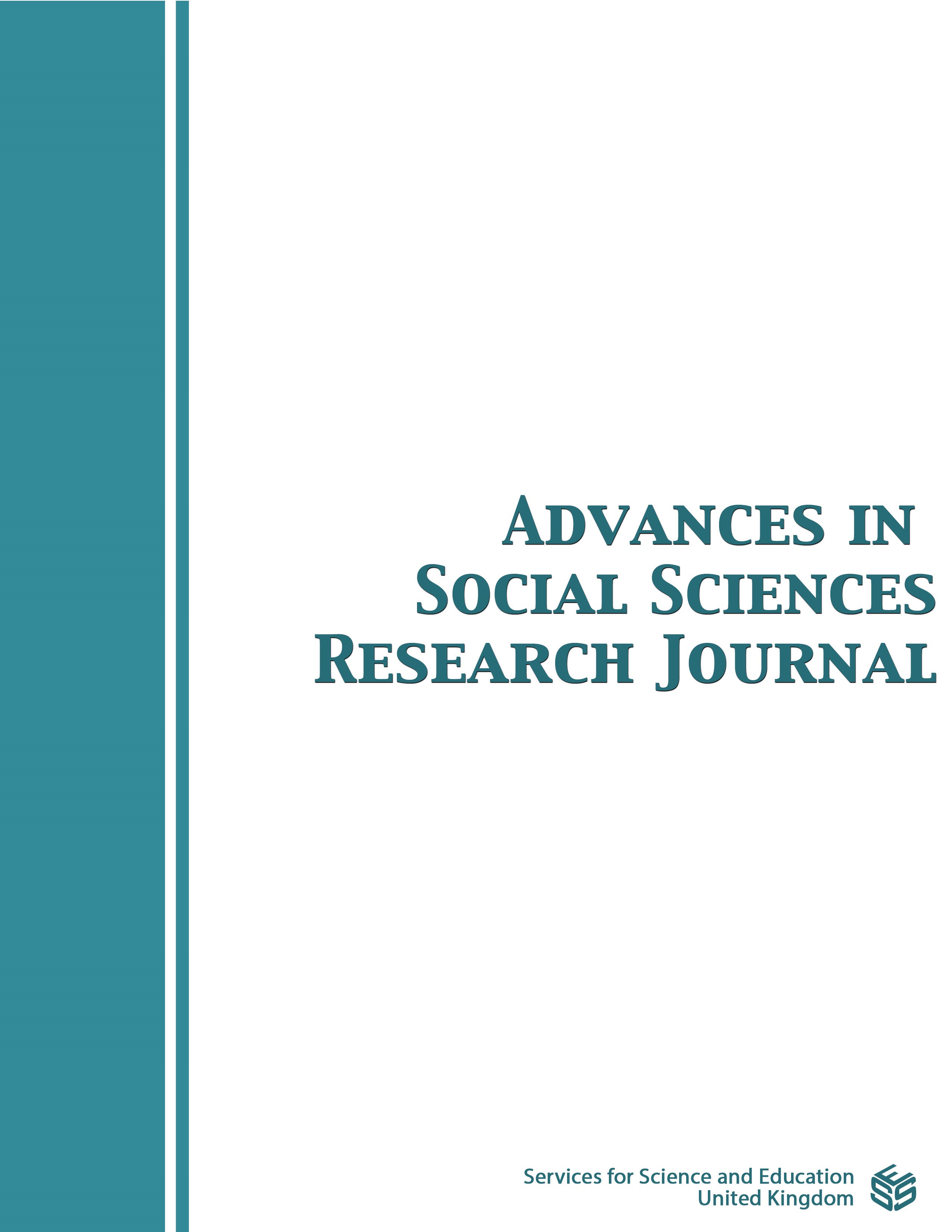Occupational Rehabilitation of Individuals with Mental Disorders: The Role of Occupational Therapy and Organizational Benefits for Businesses
DOI:
https://doi.org/10.14738/assrj.1203.18230Keywords:
Occupational rehabilitation, occupational therapy, mental health, workplace diversity, organizational psychology, human resource managementAbstract
The occupational rehabilitation of individuals with mental disorders presents a unique opportunity to foster workplace diversity while enhancing organizational performance. Despite advancements in societal and legal frameworks, individuals with mental disorders continue to face significant barriers to employment due to stigma and insufficient workplace support. This literature review examines the potential benefits for organizations that employ and support individuals with mental disorders, emphasizing the critical role of occupational therapy in facilitating successful workplace integration. By analyzing existing research, this review highlights strategies for creating inclusive environments, such as tailored support systems, employee training, and effective diversity management practices. Furthermore, it explores how these approaches contribute to enhanced organizational outcomes, including increased productivity, improved workplace culture, and greater awareness of mental health issues. The review positions occupational therapy as a key factor in enabling occupational rehabilitation, underscoring the long-term advantages for businesses that embrace diversity and actively support employees with mental disorders. Such practices benefit individuals and align with sustainable and socially responsible business strategies.
Downloads
Published
How to Cite
Issue
Section
License
Copyright (c) 2025 Myrto Patagia Bakaraki, Theofanis Dourbois

This work is licensed under a Creative Commons Attribution 4.0 International License.
Authors wishing to include figures, tables, or text passages that have already been published elsewhere are required to obtain permission from the copyright owner(s) for both the print and online format and to include evidence that such permission has been granted when submitting their papers. Any material received without such evidence will be assumed to originate from the authors.






